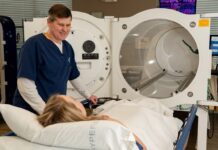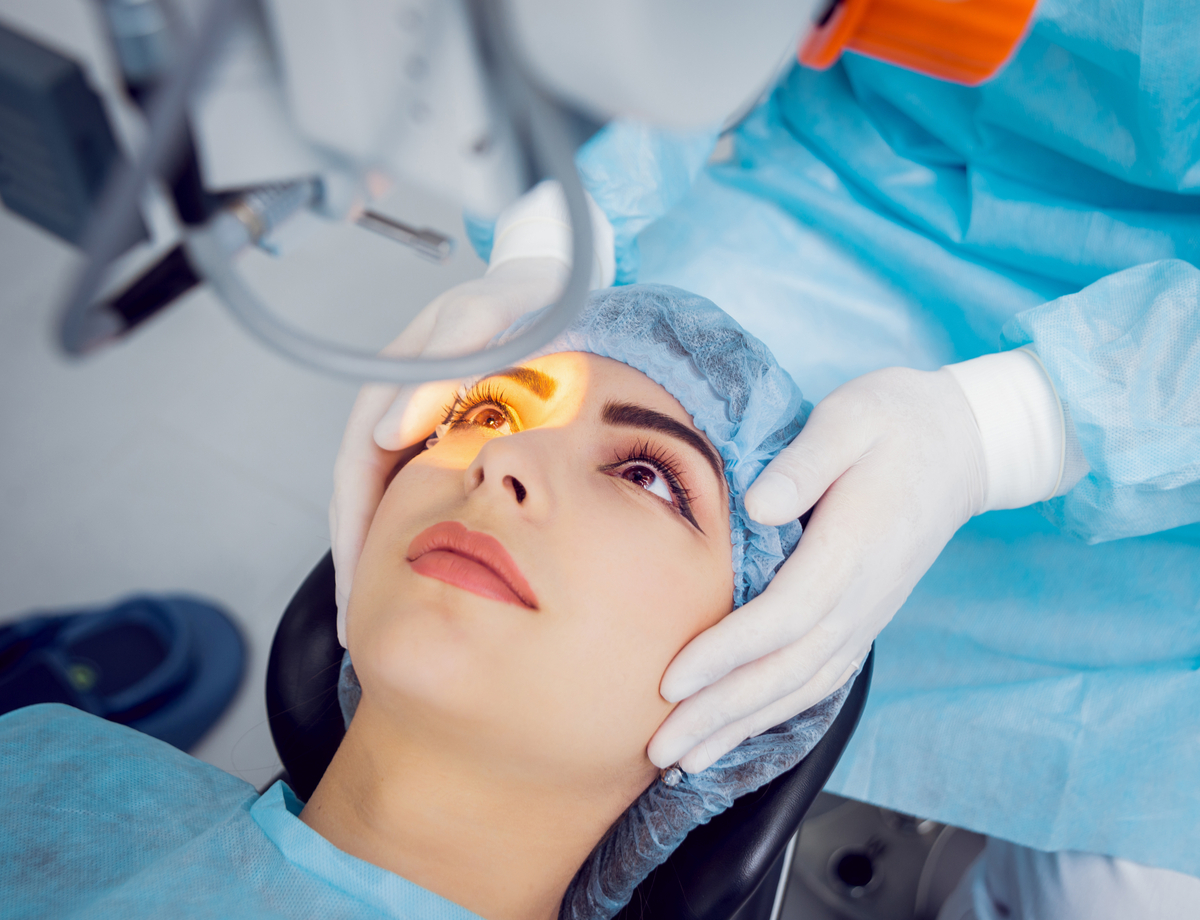
A cataract is a common problem that is prominent in people of older age. It can result from weak eyesight and other issues like eye injuries. Sometimes, people who spend more time in the sun and don’t use any protective gear for the eyes can also develop this issue.
A solution to get rid of this problem is to get eye surgery done. It is a common practice and does not consume much time. However, a common concern exists among people who get this surgery done. The doubts are regarding the time for recovery and getting the clear vision back.
The recovery period is crucial as it will determine your eyes’ condition and vision after the surgery. During this time, you are often advised to either sleep on your side or not. So, what exactly needs to be done?
Should you sleep on your side or not? Instead of juggling, you should focus on the sleeping pattern that will help in recovering quickly.
In a straight sense, you should avoid sleeping on your side for the better recovery of your eye. This is a certain rule that is suggested before and after the conclusion of the treatment. You should follow this for a considerable time if you don’t want any problems in the after-treatment life of your eyes.
Sleeping After Surgery
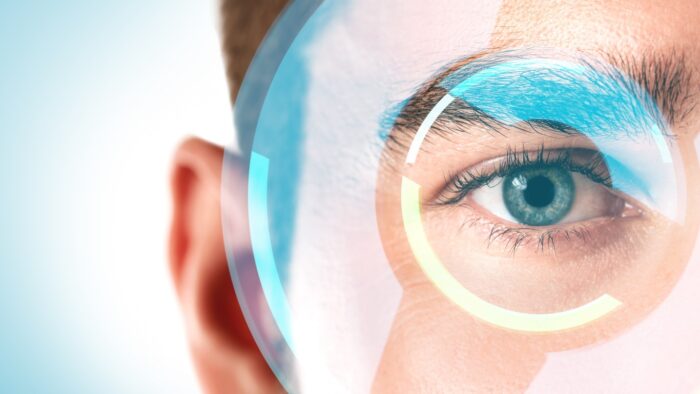
In most surgery cases, the doctor provides the patients undergoing surgery with a protective shield of the eye after the process is completed. It is because of the risk of contracting eye infection and gathering dust near the operated area. Hence, it is important to wear a protective shield or glasses. You should try and wear the gear even while sleeping. While you are sleeping, the actions are involuntary. You won’t know which act will cause damage to the eyes. So, this is the time when you need to be extra careful of the process.
It would help if you did not sleep on the side, which will create pressure and increase the blood flow in the recovering eye. It will render the following benefits to your recovery process:
- The eye will be less irritated, and you will be in a comfortable space while recovering from the treatment.
- There are fewer chances of infection during recovery from outside items like dust and dirt.
However, focusing on resting and sleeping during the healing process would be best. You can do certain things so that your eyes get the rest they should get after the surgery. Some steps that you can take are as follows:
- You can consider sleeping on your back. If this position is uncomfortable for you, you can sleep on the opposite side of the eye that has undergone the treatment. However, sleeping on the back is recommended if both eyes have undergone the treatment.
- The protective gear should be of proper size and comfort so that it does not damage your eyes while sleeping.
- There are some directions for using eyewear, and you should follow them while sleeping. For example, it might be mentioned or recommended to you that you should not take breaks from wearing it.
So, you should take post-surgery steps as recommended to you by the doctor. Finding the right Austin eye surgeon for the surgery is imperative. Hence, it would help if you focused on getting in touch with the right one.
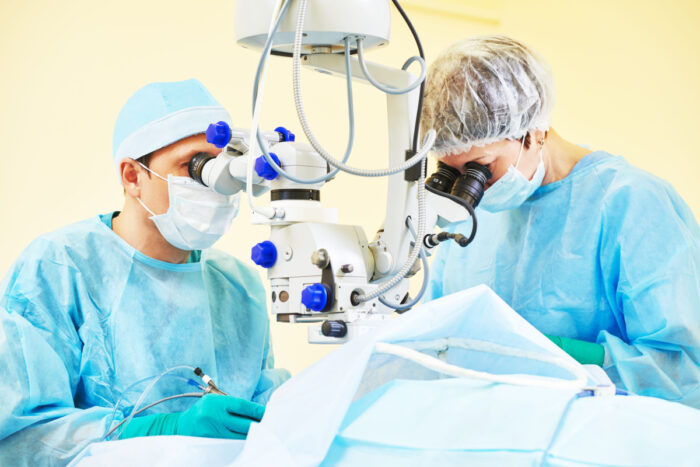
Apart from the basic process of sleeping, there are some other things that you should not do when you are on the recovery path. They are as follows:
1. Avoid Hard Drinks
You should avoid drinking alcohol or smoking for some time after the surgery. Alcohol is dangerous, and sometimes, when you light your cigarette, dust particles or ashes can come in contact with the air and make it to your eyes. It can be problematic, and the purpose of surgery shall be defeated.
2. Feeling Irritated And Rubbing The Eyes
Some people have a habit of rubbing their eyes. It is an involuntary action and happens without being mindful. If you have a habit of rubbing your eyes and are undergoing surgery, you should do something to control this instinct. In some cases, your hands can automatically go up to the eyes and begin a movement in a circular motion. The best way to avoid this accidental problem is by wearing a shield over the eyes.
3. Hot Water Swims Or Bath Tubs
Another thing you should avoid doing in post-surgery care is taking baths in hot water tubs. It can be tempting, especially when the temperature is dropping outside. It is a treat to go for hot water bathtubs, but if you soak your body or swim in such water after the surgery, it won’t be safe for the eyes. Water makes it to the eyes easily, and so can the small particles in water.
These are the basic steps that you tend to do. It is because these come naturally to you. However, there are some routine things that you should avoid.
People who have a thing for gyms and working out have difficulty skipping their exercise routine. But, if you get an eye treatment, you should skip the routine. When you lift weights or do hardcore exercises, the circulation in the body increases, and the body muscles are stressed. It can impact the condition of the eye and disrupt the recovery process. Hence, you should try and avoid it till you can.
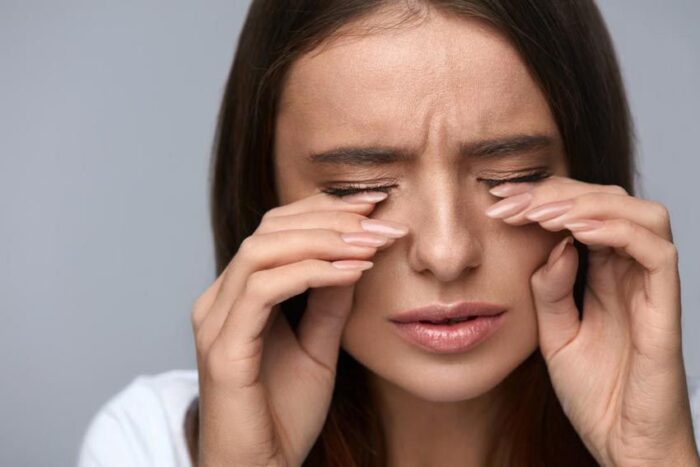
Conclusion
The eyes are small yet important part of the body. We often tend to underestimate their well-being in the routine. This reality hits when there is a need for surgery, and you have to pay attention solely to the health of your eyes. Try to sleep on the eye that has undergone treatment as little as possible.
Surgeries are not bad, but you must be extra careful post-surgery. Your doctor will highlight some do’s and don’ts. It would be best if you dedicatedly focused on them so that there are no after-effects and all you get is a healthy eye through the surgery.


